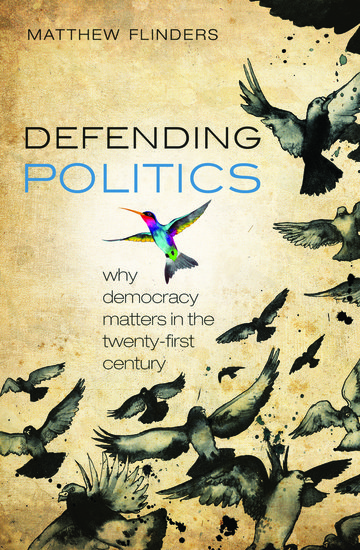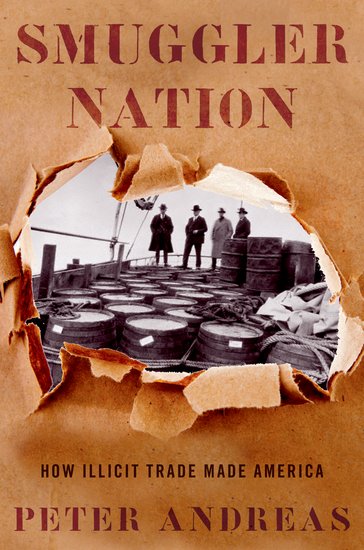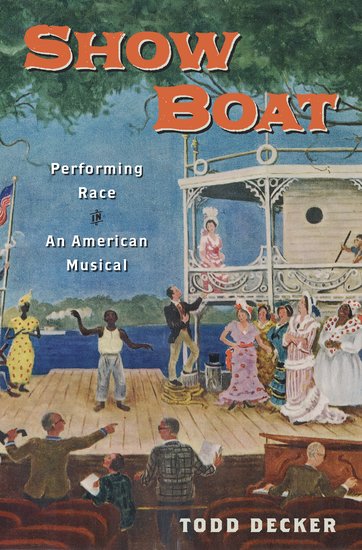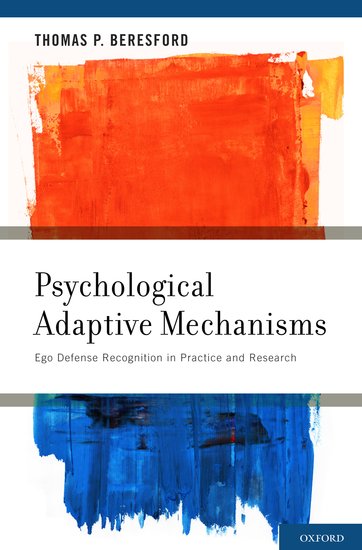Appreciating the perspective of Rastafari
Recently, I was discussing my academic interest with an acquaintance from my elementary school days. On revealing that I have researched and written about the Rastafarian movement, I was greeted with a look of incredulity. He followed this look with a question: “How has Rastafari assisted anyone to progress in life?”















